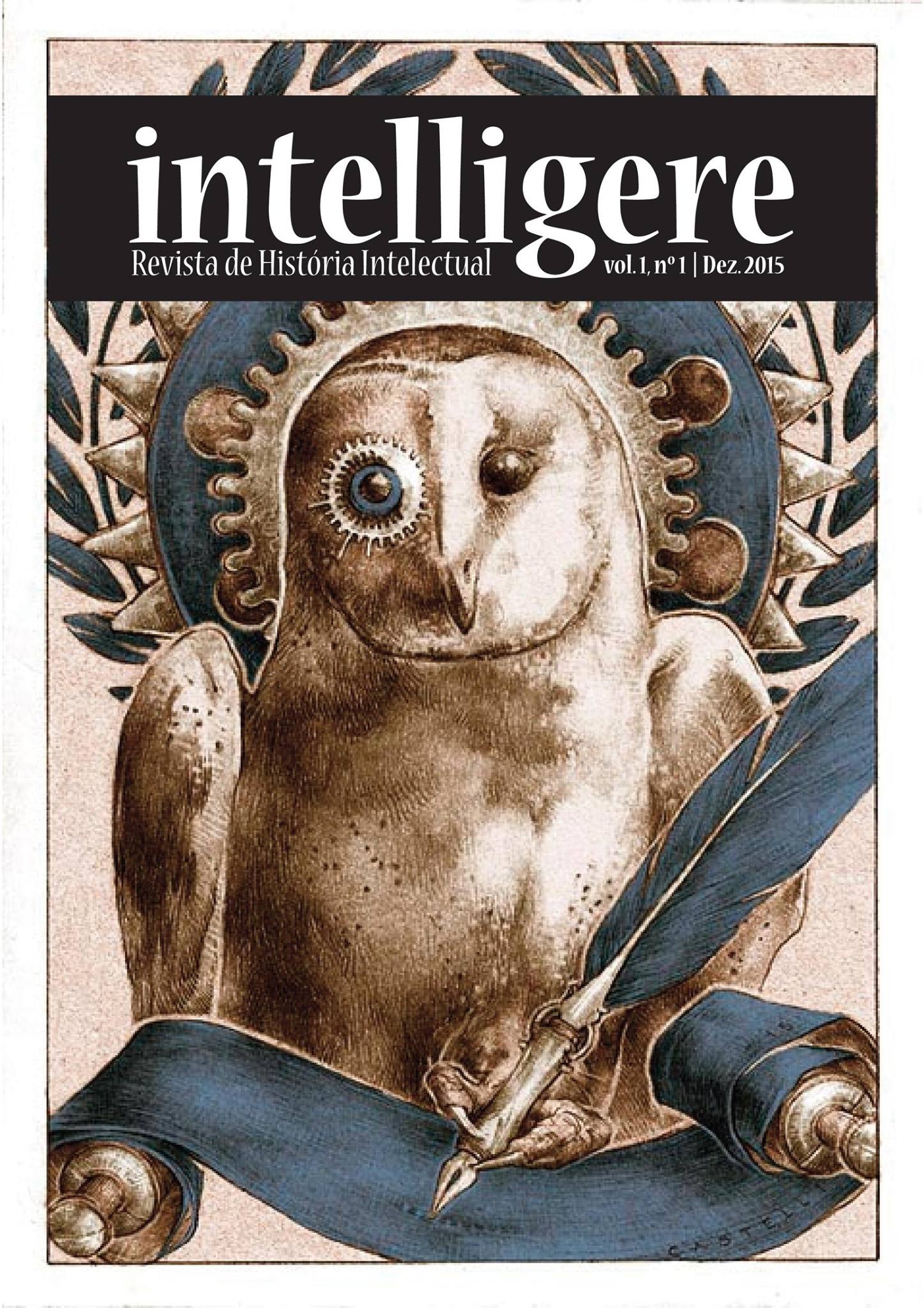Abductive inference and historiography: a conversation for historians and philosophers
DOI:
https://doi.org/10.11606/issn.2447-9020.intelligere.2015.108489Keywords:
abduction, abductive inference, Charles S. Peirce, logic, probability, explanation.Abstract
the article takes the form of a conversation between students in a philosophy seminar of history. The topic of the day is abduction, a form of inference first identified by Charles S. Peirce, that compared and contrasted the deduction and induction. After the teacher introduce the topic and a student summarize the own Peirce’ vision about the abductive inference, students take turns proposing abductive inference models and offering observations on the possible suitability of these models as descriptions or guides for an investigation or historical explanation. A student proposes that the difference of abduction, contrasting with the deduction and induction is just that abduction infers that the conclusion is possible rather than required (deduction) or probable (induction). Some students offer objections to this characterization and discussion then moves towards a number of other proposals to understand the very abduction, as well as the distinction between particularity and historical whole, the character of the historical explanation and evidence of the role in the evaluation of historical theses.Downloads
Download data is not yet available.
Downloads
Published
2015-12-31
Issue
Section
Artigos
License
Autores que publicam em Intelligere concordam com os seguintes termos:
- Autores mantém os direitos autorais e concedem à revista o direito de primeira publicação, com o trabalho simultaneamente licenciado sob a Licença Creative Commons Attribution que permite o compartilhamento do trabalho com reconhecimento da autoria e publicação inicial nesta revista.
- Autores têm autorização para assumir contratos adicionais separadamente, para distribuição não-exclusiva da versão do trabalho publicada nesta revista (ex.: publicar em repositório institucional ou como capítulo de livro), com reconhecimento de autoria e publicação inicial nesta revista.
- Autores têm permissão e são estimulados a publicar e distribuir seu trabalho online (ex.: em repositórios institucionais ou na sua página pessoal), com reconhecimento da autoria e publicação inicial nesta revista.
How to Cite
Abductive inference and historiography: a conversation for historians and philosophers. (2015). Intelligere, 1(1), 58-81. https://doi.org/10.11606/issn.2447-9020.intelligere.2015.108489




